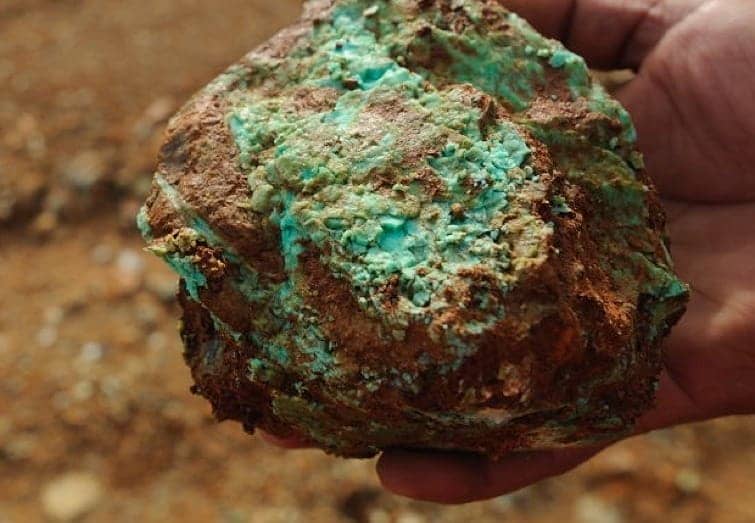Nickel Ore

Nickel Ore
What is Nickel Ore?
Nickel ore is a naturally occurring material that contains nickel, a valuable metal used as a raw material in the production of pure nickel and various nickel-based alloys. Nickel is highly sought after due to its excellent properties, including corrosion resistance, high strength, good electrical conductivity, and the ability to withstand extreme temperatures. These qualities make it essential across a broad range of industries.
Nickel ore is extracted through mining and then processed to separate nickel from other minerals. There are two primary types of nickel ore, each with distinct characteristics and processing methods: laterite ore and sulfide ore.
Types of Nickel Ore
1. Laterite Ore
Formed through the weathering of iron- and magnesium-rich rocks, typically in tropical or subtropical climates.
Contains high levels of iron and aluminum, along with significant nickel content.
Found near the earth’s surface and typically extracted using open-pit mining.
Major producers include Indonesia, the Philippines, and Cuba.
Contains about 1–2.5% nickel and is commonly processed through pyrometallurgical methods such as smelting to produce ferronickel or nickel pig iron (NPI).
2. Sulfide Ore
Formed deep underground through complex geological processes.
Contains nickel in combination with other sulfide minerals like copper and iron.
Typically mined through underground methods.
Major producers include Russia, Canada, and Australia.
Has a higher nickel content, typically 1.5–4%, and is processed using hydrometallurgical methods or smelting to produce pure nickel or nickel alloys.
Uses of Nickel
1. Stainless Steel Production
Nickel’s largest application is in the production of stainless steel. It significantly enhances corrosion resistance and mechanical strength, making stainless steel suitable for use in construction, automotive components, kitchen appliances, and chemical processing equipment.
Materials like ferronickel and nickel pig iron, produced from laterite ore, are key inputs in stainless steel manufacturing.
2. Lithium-Ion Batteries
Nickel is a critical component in lithium-ion batteries used in electric vehicles (EVs) and many modern electronic devices. It improves energy density and capacity, helping extend battery life and performance.
As the adoption of EVs and renewable energy grows, so does the demand for nickel in battery production.
3. Specialty Alloys
Nickel is used to produce high-performance alloys that must endure extreme conditions. These alloys offer outstanding strength, heat resistance, and corrosion protection, making them vital in industries such as aerospace, oil and gas, and power generation.
Examples include Inconel and Monel, used in jet engines, turbines, and nuclear reactors.
4. Electronics Industry
Nickel is widely used in electronic components like connectors, electrical contacts, and magnetic materials. Its stability, conductivity, and resistance to oxidation make it ideal for long-lasting, reliable electronic performance.
5. Other Applications
Nickel is also found in coinage, metal plating, and various chemical products. Nickel plating is especially valued for its corrosion resistance and decorative finish, making it common in both consumer goods and industrial applications.
